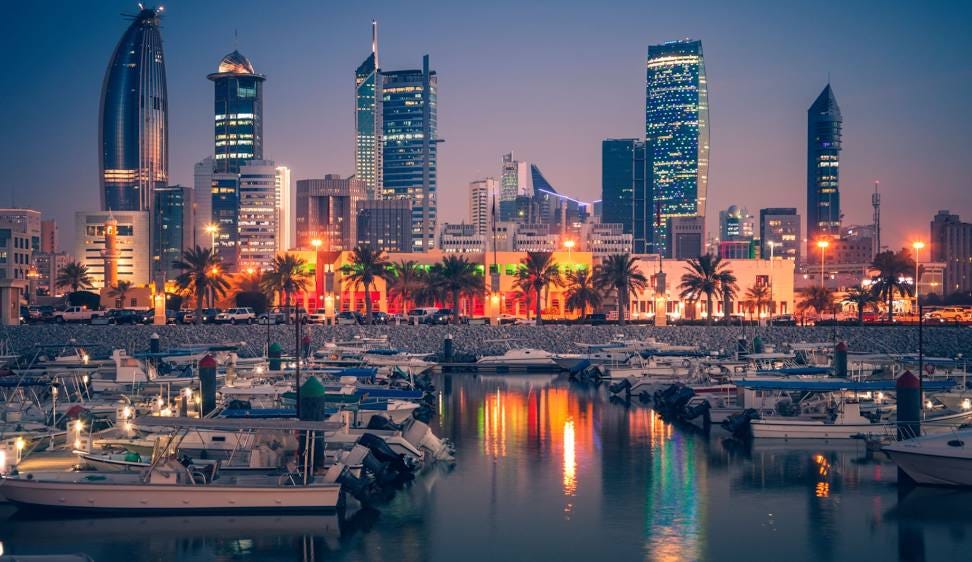Has Prosperity Fuelled Secular Liberalism in Kuwait, Qatar and Saudi Arabia?
New evidence from Arab Barometer
The 1970s Islamic Revival is sometimes attributed to economic stagnation. As Egypt’s unemployment soared, university graduates struggled to find white-collar work. Frustrated and forlorn, they turned to the Muslim Brotherhood.
Despite initial plausibility, these analyses are not terribly rigorous. Analyses of developing countries will invariably struggle to separate culture and economics. Since Egypt, Indonesia, Uzbekistan and Pakistan are relatively poor, it’s hard to disentangle causality.
To test these theories, we can explore what happens when Arab countries get rich? Modernisation Theorists predict that economic development promotes secular-scientific values. Ronald Inglehart theorised that when people’s basic wants are satisfied, they can then become more open-minded.
To put this to the test, we can study wealthy Kuwait. In this essay, I explore recent social surveys on religosity, gender segregation, honour violence, and support for female employment.
Spoilers:
Despite being far wealthier than Egypt, Kuwaitis are even more likely to say that their role models are religious figures.
47% of Kuwaitis prefer that men and women are physically separated at work
56% of Kuwaitis said that it is impermissible for a woman to travel abroad by herself




